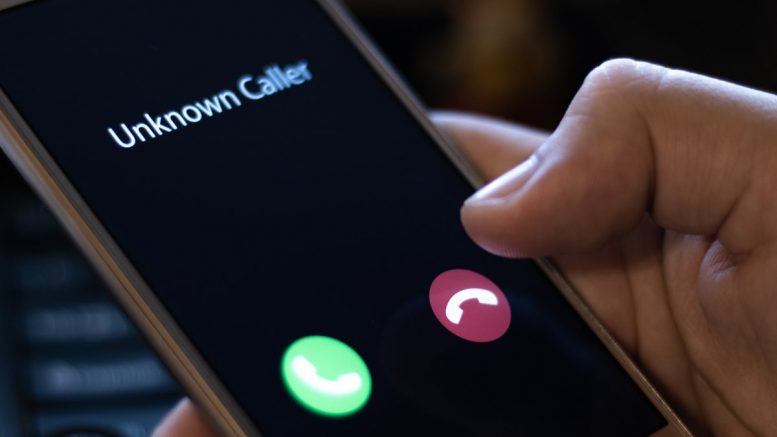Recently a journalist – an acquaintance of mine, whom I know only from Twitter tweeted her displeasure at how a PR manager approached her through a WhatsApp video call. We have had some good conversations on Twitter and we have also interacted briefly on WhatsApp during the second wave of the pandemic.
I was flummoxed to read the tweet. I simply could not understand how any person in their right mind would call someone who is not a friend/family through a WhatsApp video call?
The only people I do a video call with are my parents and my four year old nephew. Sometimes even my nephew picks up the video call and says that he does not want to talk now because he is watching ‘Wolfoo’. See, even a four year old knows the concept of time, privacy and not wanting to be disturbed.
Forget the ethics of good and poor PR. Just how difficult it is to respect someone’s personal boundaries?
Like all other Twitter outrages, there were people replying to her saying these following things and here is my response to each one of your needless comments.
- Do not generalise all PR professionals: She tweeted one single incident that happened to her. She is of course not generalising. I do not understand why communications professionals get so riled up at even the slightest hint of criticism?
- Do not paint the industry in poor light: Of course, she is not! Please read the above line again – she has tweeted one single incident that has happened to her. If anything, your poor and immature take just proves her whole point.
- Call out/Point the person/agency: No decent human being would do this because there is dignity and livelihoods at stake. If you are even suggesting this, it says much about you than the journalist who was just dumbfounded that someone chose to video call her instead of sending an email
- Correct mistakes in private instead of putting out publicly: First of all, it is not her job to correct anyone’s mistake, let alone correcting a PR professional’s error. She owns her Twitter account and all of the content on it and she is happy to post an incident that disturbed her just like how you tweet if your ecommerce delivery is late. You simply cannot suggest to her to not put out something publicly. She has every right to do so. She is not name calling, not pointing out to any particular person. She is calling out appalling behavior as it rightly should be.
One could have simply said, ‘PR folks, do better’ and leave it at that.
For all you PR newbies – here are three ways how you can approach a journalist with a story,
- Write an email (Follow up once or twice on email)
- Drop a polite text message over SMS or
- WhatsApp if you have not received a response
There is a good chance that the journalist is not interested in your pitch at the moment if you have received silence on above approaches. Look for another exciting story and approach after a cooling off period. Another good way to approach journalists is to first build a rapport and then approach with stories. This way you are sure of getting a response. And please do not call any journalist, unscheduled. There is a good chance that you are an unknown number. Recently a loan company has taken to calling me four times a day to offer a loan that I don’t need. So I do understand when a journalist doesn’t want to be called.
When in doubt, just email.
See you next week.
The views and opinions published here belong to the author and do not necessarily reflect the views and opinions of the publisher.



Be the first to comment on "Learning from mistakes"